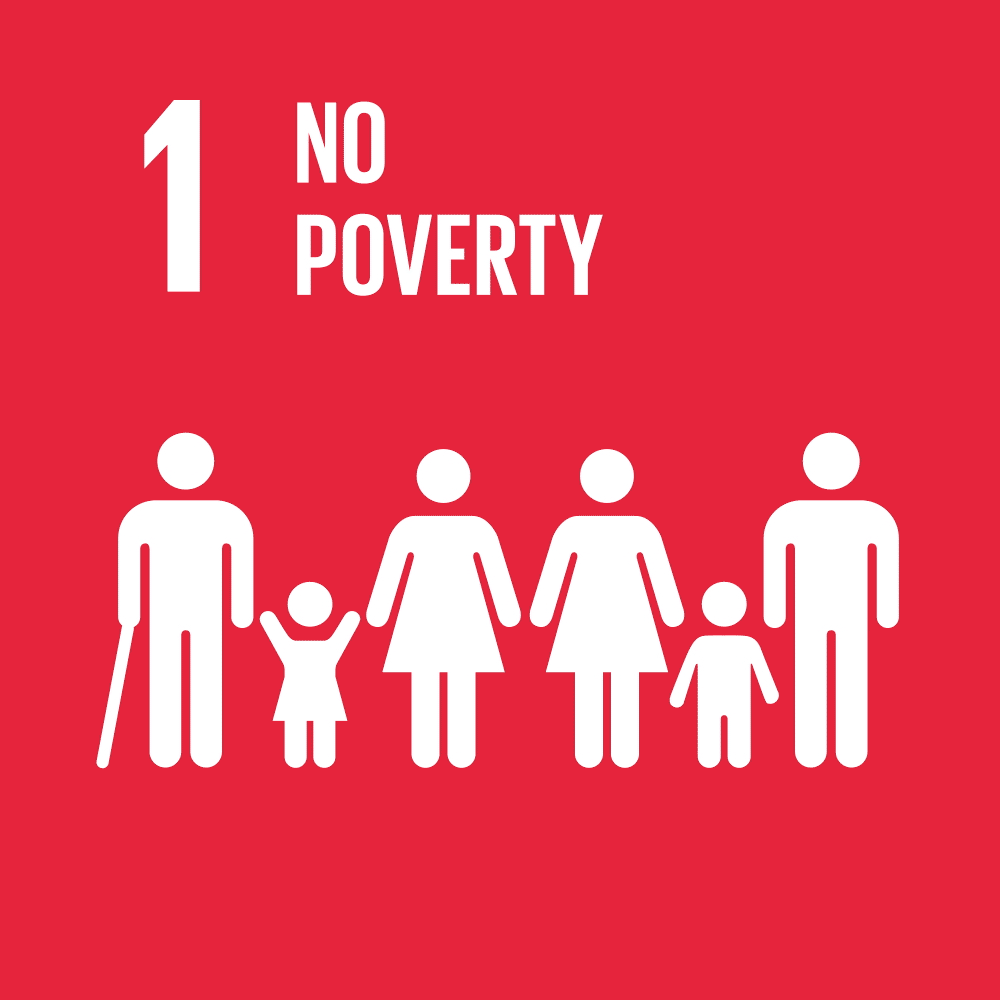+2348034099810 | dvcrti@unilorin.edu.ng dcredit@unilorin.edu.ng
Email: pmsdg@unilorin.edu.ng

AN ASSESSMENT OF THE POLITICS OF POVERTY REDUCTION PROGRAMMES IN LAGOS STATE, 2007 – 2015
HASSAN, Adijat Kuburat
10/68MY001
May 2023
The increasing rate of poverty in Africa and Nigeria in particular is raising some concerns among governments at all levels in the country. Notable efforts have been made to reduce poverty in the country in line with the Millennium Development Goals as well as Sustainable Development Goals. The Lagos State Government (LASG) also made several efforts at containing it. In spite of the huge resources spent on these efforts, it is surprising to note that high poverty rates still persist. There is also the question of whether the poverty alleviation programmes got to the actual beneficiaries in the wake of the argument that political officeholders were using it as patronage to their political loyalists. Against this backdrop, this study assessed the politics of poverty reduction programmes of LASG. The objectives of the study were to: (i) examine the poverty rates in Lagos State between 2007 and 2015; (ii) assess the impact of LASG poverty reduction programmes on the beneficiaries; and (iii) identify the average impact of the selected programmes on poverty rates in the state between 2007 and 2015.
The study adopted the mixed-method research design. The population of the study comprised 3,192,900 beneficiaries of LASG poverty reduction programmes in the period under review; out of which 400 were sampled based on the Yamane formular for determination of sample size. Four hundred copies of two sets of questionnaire were administered to two categories of respondents: beneficiaries and implementing agencies of LASG poverty reduction programmes. In addition, thirty participants were selected for FGDs with ten participants from each of the three selected programmes: Skill Acquisition, Micro-finance and Agricultural Youth Empowerment Scheme (Agric-YES). Cronbach’s Alpha was used to test the instrument and it yielded 0.87 reliability co-efficient. The data were analyzed using simple percentages, and regression analysis; based on a benchmark of=0-1 (where the closer the score of
to 0, the poorer).
The findings of the study were that:
The study concluded that in spite of the relative positive impact which the LASG poverty reduction programmes have on the beneficiaries, much is still desired especially in the aspect of directing the programmes to the poor. The study, therefore, recommended that LASG should expand its coverage to accommodate more residents and increase budgetary allocation to the poverty alleviation programmes in order to lift more people out of poverty. The LASG should also ensure merit in the selection of beneficiaries through a transparent selection process that could be monitored by all stakeholders.